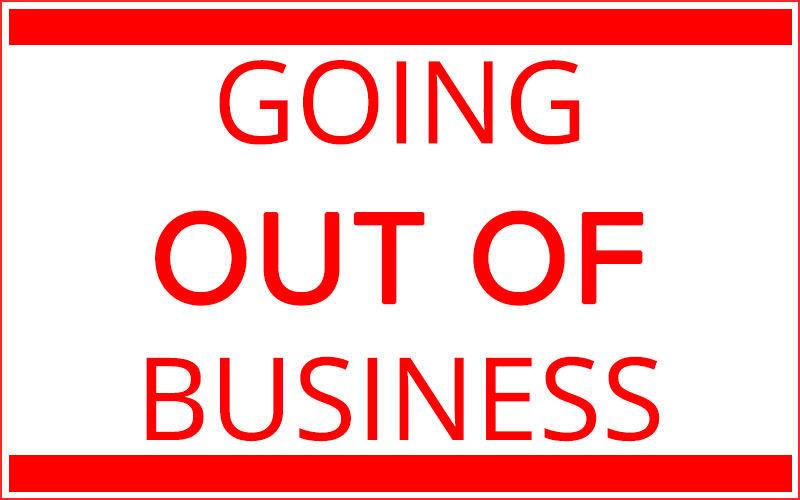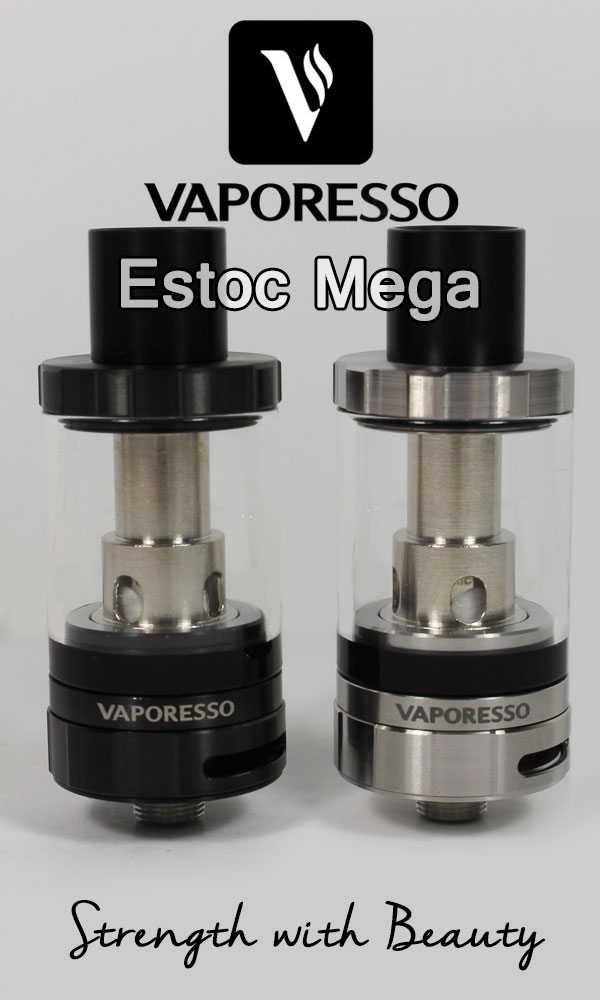- Home
- Vape Reviews and Blog
- Taxes and Regulations Putting Many Vape/E-cig Shops Out of Business
Recent Posts
View by Tags
Taxes and Regulations Putting Many Vape/E-cig Shops Out of Business
Posted by on

With the soaring popularity of e-cigs and vaping products continuing to rise the government is imposing taxes and regulations to limit their usage. This is inadvertently causing retailers to close up shop though because of the incredible tax hikes and red tape that is now surrounding this industry. Some states have passed legislation which rules that vape and e-cig shop owners need to pay a tax on all of their inventory while other states have rules which tax the sale of all these items. With these taxes and regulations continuing to be put forward, is this industry ever going to return to its once thriving self?
What Taxes and Regulations Are There?
E-cigs and vaping products have been hit hard with taxes and regulations that could soon lead to the majority of retailers and some wholesalers having to close up shop. The big kicker was in August 2016 when the FDA mandated that these products are to be regulated the same as tobacco products. The FDA now considers e-cigs as a drug delivery device and they have classified them accordingly in addition to banning their sale to minors.
There have also been widespread bans on these products being used in indoor areas and in the same places where regular smoking has been banned. These bans do vary from state to state, though, as some states have large and detailed smoke-free laws that can still enable people to vape in permitted restaurants and bars. The most common vaping bans which are in effect ban vaping in all enclosed workplaces, including bars and restaurants.
Vape shops in PA have been hit hard with an almost criminal tax imposed on their sales. The owners of these shops will have to pay the government 40% of the wholesale value of their stock and many small businesses have already been forced to close as a result. Also, all e-cig retailers, distributors, and manufacturers have to apply for a state license to sell here, which results in more money filling the government’s coffers. To make matters worse, even the residents of PA are being directly punished too if they decide to shop for e-cigs online in an attempt to avoid the 40% sales tax. The punishment can be a $5000 fine and even possible prison time too. This extends to being in possession of a vaping product sold outside of Pennsylvania as well. It’s estimated that around 90% of all vape shops in PA have closed down due to these regulations.
West Virginia has passed a regulation for e-cigs and vaping products e-liquid additive to be taxed at an onerous rate of 7.5c per mL. This may seem small to some people, but it’s expected to yield the state millions of dollars over the next year. Compare this to Kansas which has a regulation passed to tax these products at a rate of 20c per mL. But the regulations in Kansas are in a different contrast if you go to North Carolina or Louisiana where the e-liquid tax is set at 5 cents per mL.
Many states have tried to pass wholesale tax regulations but they were thankfully defeated. Virginia tried to pass the smallest tax rate of 15%, while other states such as Maryland (30%), Kentucky (40%), Iowa (50%), Rhode Island (80%), and Vermont (92%) were also able to defeat the legislations being passed. New York (95%) and Alaska (100%) are pending at the time of writing this in what are the two largest wholesale tax figures ever proposed. Washington DC currently has the highest wholesale tax rate of 67%.
What Else Is Going On?
In 2014, New York imposed a city-wide smoking ban which includes beaches, pubs, and eateries. This ban was appealed in 2015 by a smoker’s rights group claiming that vaping and e-cigs are not related to this and therefore, shouldn’t be included in the ban. They lost this appeal and as of January 2017, a Manhattan court has ruled that this ban will remain in place with e-cigs and vape products being included.
The National Park Service (NPS) is now trying to propose a ban on all vaping products due to second-hand smoke. Pretty soon, you will probably not be allowed to use an e-cig or vaping product in your backyard too if this regulation comes into effect as it can pave the way for this to happen.
Federal approval for most flavored liquids and e-cig devices is required now by law and this is making it increasingly harder for people in this business to survive. There have been multiple steps put in place by the lawmakers and these steps require money to change hands along the way. Opening an e-cig or vaping business is no longer a viable business option and the ones who still exist have taken massive income reductions.
Why All of The Fuss?
Smokeless tobacco and vapor products are 99% less harmful than cigarettes and they have been proven to help people quit smoking. So why are these draconian laws being passed that not only affect the consumer, but directly impact the retailers, wholesalers, distributors, and manufacturers livelihoods too? Thousands of businesses across America have been forced to close their doors due to these biased and discriminatory laws and some owners have been left with immense debt that they may never be able to repay.
We know that these products can be seen by our youth as the “cool” and “hip” new way to smoke without coming close to the damage that regular smoking can cause. This is the main reason why these taxes and regulations are being passed; to stop our future generations from becoming smokers, except for being a cash grab, of course. But what the fat cat lawmakers and out of touch congressmen don’t understand is that e-cigs and vaping isn’t a gateway drug, it’s the opposite.
Millions of cigarette smokers have been able to quit smoking because of e-cig and vaping products. They can contain much lower nicotine levels which in turn, reduces the smoker's craving and the flavors help to supplement the lower dopamine release due to the lack of nicotine. These taxes and regulations are inadvertently punishing people who are trying to quit smoking so as a result, they either pay the exorbitant taxes on these products in order to continue using them or alternatively, they continue to smoke and become just another statistic.
 Loading... Please wait...
Loading... Please wait...




